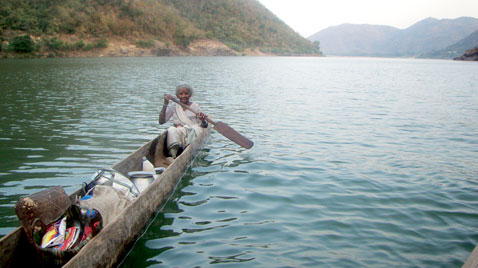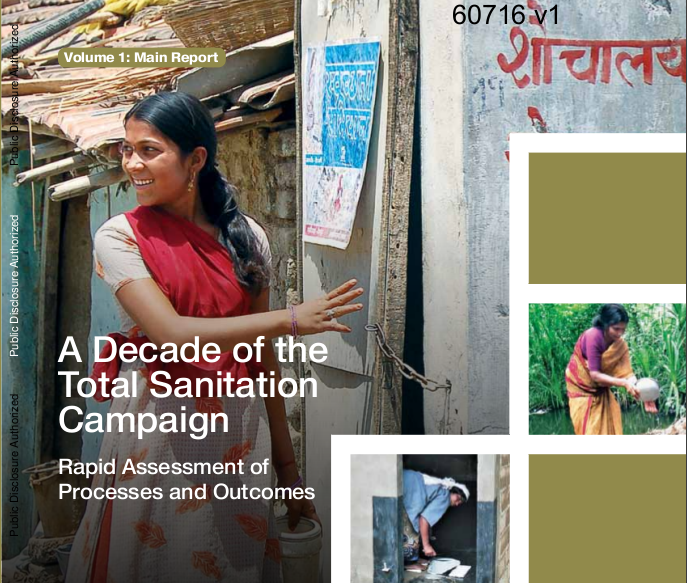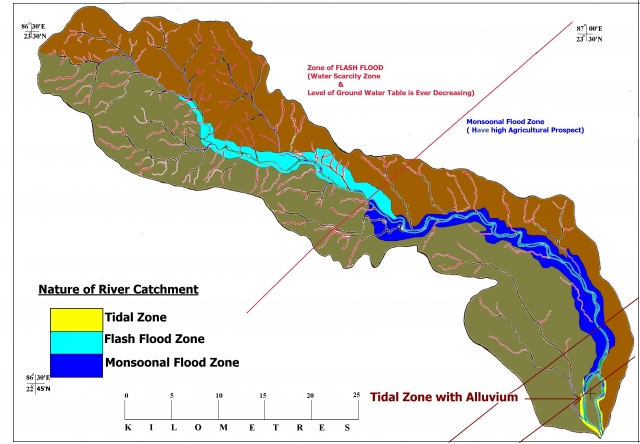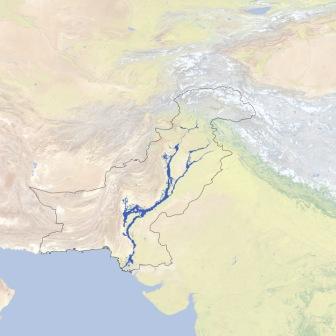News and Articles
Enabling dry land farmers to cope with climate change in Karnataka - An article by R Dwarakinath, AME Foundation
Posted on 10 May, 2011 12:58 PMAuthor: R Dwarakinath
‘Miles to go before I sleep’ Indian agriculture, after green revolution, has fallen on to a lower trajectory of growth. But, this requires a different set of technologies and different kind of development strategy. This is necessary to lift sector production, alleviate poverty, regenerate ecology, and also to cope with climate change. A formidable but inevitable task.
Climate change has become a fact of life. The concern is assuming threatening proportions by the day. There are several efforts at the global, national and institutional levels to understand the phenomenon and to deal with its impact. At the moment, two dimensions of the problem are engaging the attention – how to mitigate, if possible reverse, the building up processes; and, how to cope with, if possible counter, the effects of climate change on human life, including farming. The answers are vague. So far, South Asia is regarded as one of the most vulnerable areas in the world. Naturally, it has become a matter of great concern, as it pertains to the well-being of the dry land farmers on the upland areas in Karnataka.
Polavaram fraud - The Polavaram dam on the Godavari could displace 400,000 people and submerge nearly 4,000 hectares of forest land - Article from Down To Earth
Posted on 06 May, 2011 08:33 PMMost of the people threatened to be displaced cannot be relocated until their rights over forestland are recognized under the Forest Rights Act. How did the Andhra Pradesh government meet this immense challenge? It quietly told the Union environment and forests ministry that all claims have been settled.
The ministry gave forest clearance to the project last year. Now over 50 villages have written to the ministry, saying their forest rights have not been settled. Richard Mahapatra visited the villages and found the state had indeed lied.
Following similar complaints, the ministry had scrapped Vedanta’s proposal to mine Niyamgiri hills and withheld forest clearance to the POSCO steel plant in Odisha. Will it apply the same yardstick to Polavaram?
 Residents of Teladibbalu did not know they had forest rights. The village is in the dam’s submergence zone and accessible only by boat. (Photo: G Srinivas).
Residents of Teladibbalu did not know they had forest rights. The village is in the dam’s submergence zone and accessible only by boat. (Photo: G Srinivas).
A decade of the Total Sanitation Campaign - Rapid assessment of processes and outcomes - A report by the Water and Sanitation Program (2011)
Posted on 30 Apr, 2011 05:23 PM The Water and Sanitation Program has analysed secondary data on the Total Sanitation Campaign (TSC) available on government websites and conducted primary analysis in 22 sample districts spread across 21 states.
The Water and Sanitation Program has analysed secondary data on the Total Sanitation Campaign (TSC) available on government websites and conducted primary analysis in 22 sample districts spread across 21 states.
With the use of secondary and primary data the report has not only been able to give a macro view of the TSC but also has been able to go into the nitty-gritty of the campaign. There are case studies of districts and villages that have achieved open defecation free status.
A structure for environment governance: A perspective on proposed National Environmental Protection Agency – A commentary in Economic and Political Weekly
Posted on 27 Apr, 2011 07:46 PMThis report on a round table held in November 2009 by a cross section of activists, policy analysts and academics deals with a move by the Ministry of Environment and Forests (MoEF) to restructure the environmental governance structure of the country through the proposed National Environmental Protection Agency.
Water conservation and Islam ? A blog post by Ausaf Malik
Posted on 27 Apr, 2011 02:29 PMMany of the ancient old age stories describes also in these holy text, but only two religion have more sensitive about to water conservation concept in their religious thoughts, as well as in the traditions also.
Dwarekeshwar river basin of West Bengal : A unique combination of flash flood zone, monsoonal flood zone & tidal zone
Posted on 27 Apr, 2011 12:59 PM In India, at national level when all the planners are saying about the water grid, river linking project, i
In India, at national level when all the planners are saying about the water grid, river linking project, i
Flood extent in Pakistan - Updates from NASA Earth Observatory
Posted on 26 Apr, 2011 11:41 AM
La Niña conditions increased atmospheric moisture and an unusual pattern in the jet stream trapped rainy weather over the country. According to the Pakistan Meteorological Department, nationwide rain totals were 70 percent above normal in July, and 102 percent above normal in August.

Citizen's uprising against encroachment and pollution of Ram Nadi, an urban river in Pune, Maharashtra
Posted on 25 Apr, 2011 11:37 AMForwarded to the portal by: Parineeta Dandekar
The Delhi superbug debate - A mirror reflecting our own inadequacies?
Posted on 23 Apr, 2011 07:12 PMEven with its questionable merit, the superbug study has identified the need for us to question the focus that we have on finding narrow solutions to health issues .It has also highlighted the urgent need to address the broader infrastructural needs of the country such as access to safe drinking water and sanitation
Image source: Wikimedia Commons
The superbug study
New Delhi and the world was hit by panic last week because of a recent study published in the journal The Lancet Infectious Diseases , which found a high level of water contamination acquired from drains and public taps across India's capital city. The water was allegedly contaminated with superbugs, or what has been referred to as bacteria carrying the NDM 1 gene. Four percent of drinking water samples (2 of 50 samples) and 30 percent of drain samples (51 out of 171 samples) were found to be contaminated with superbugs [1, 2].
Between the city and the salty sea - The wells of Bhuigaon, Thane, Greater Mumbai - Guest post by MS Gopal
Posted on 22 Apr, 2011 05:57 PMAs the concrete jungle of Greater Mumbai reaches Bhuigaon and overuse of groundwater sucks in the sea water, the traditional wells are under threat.